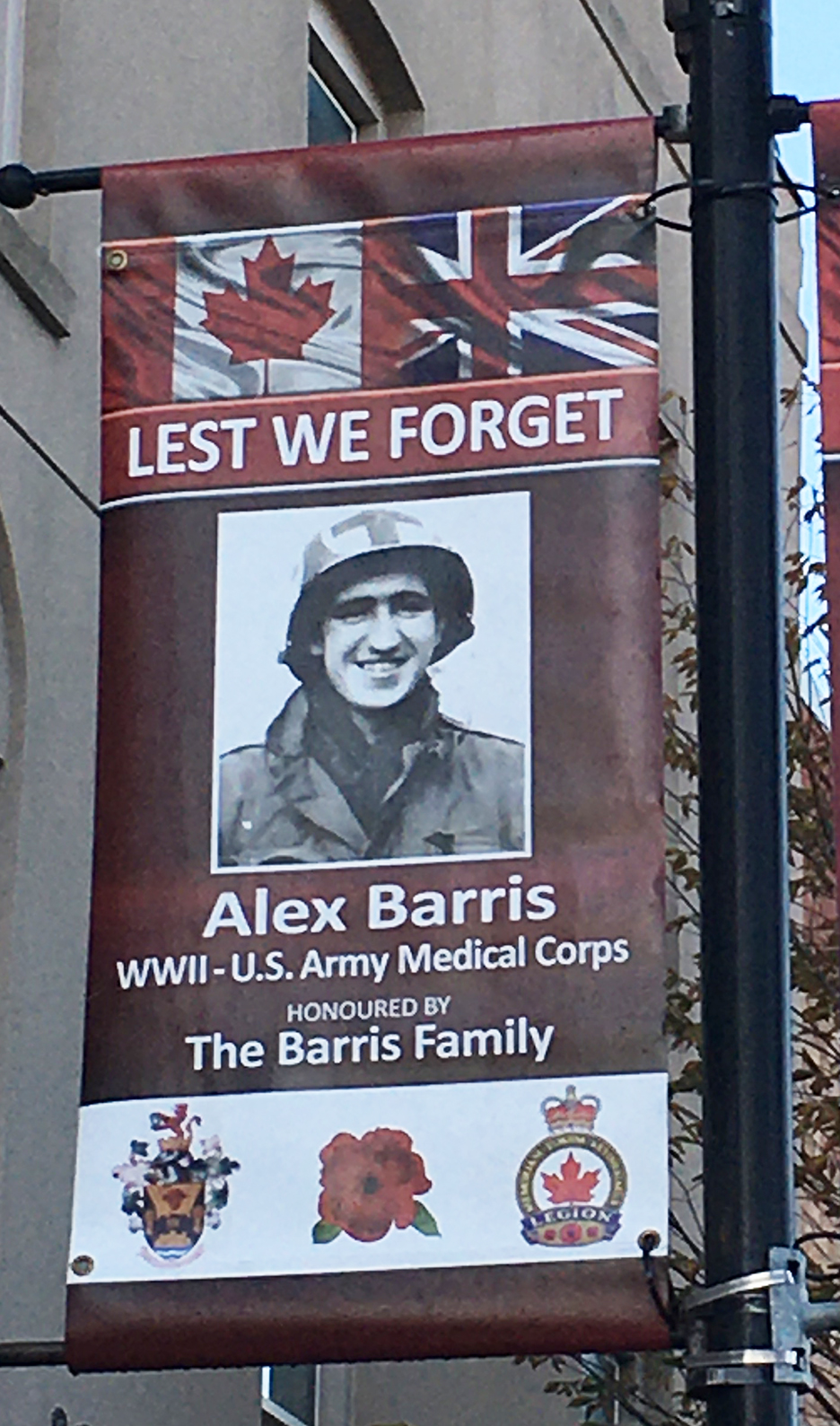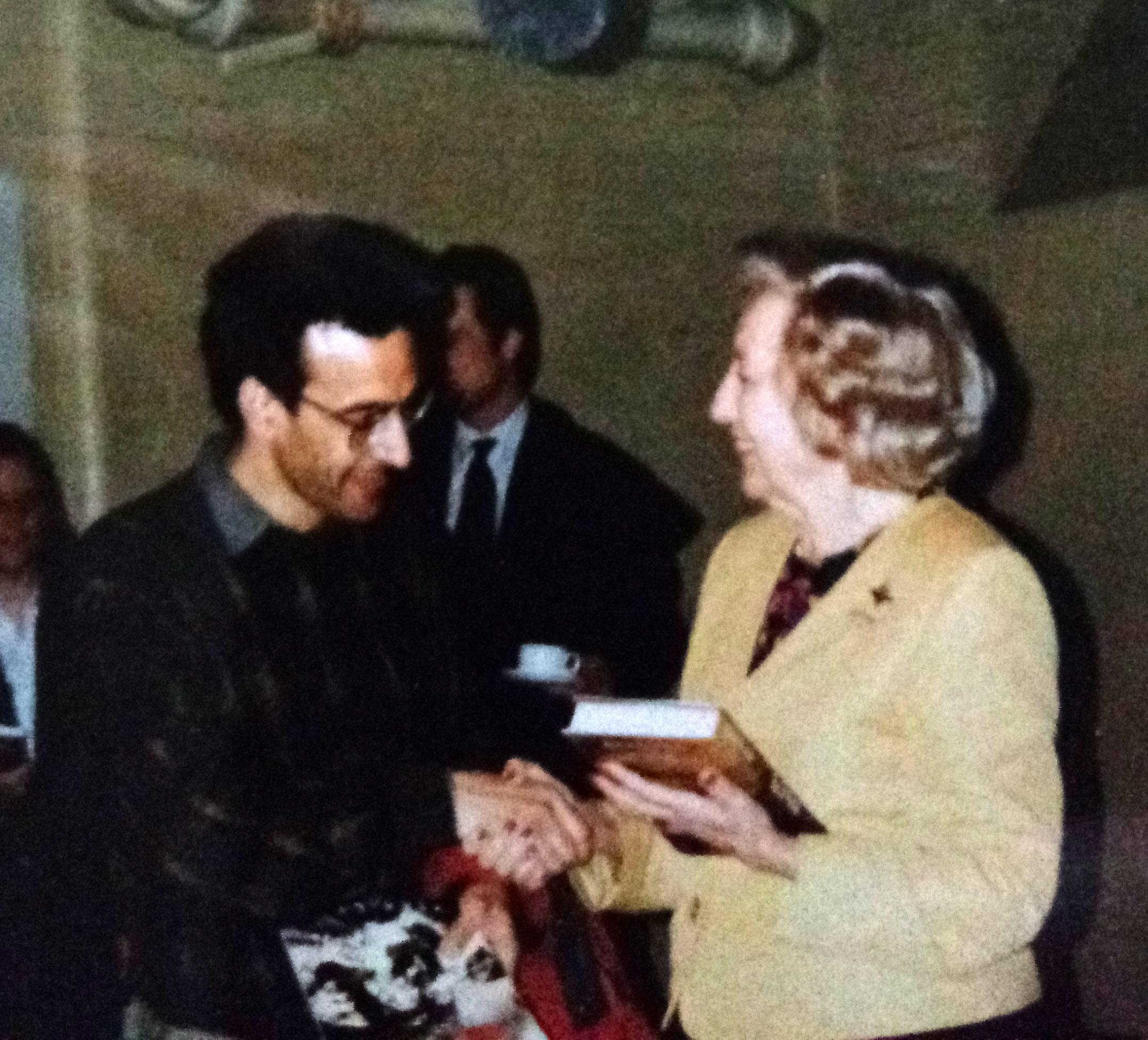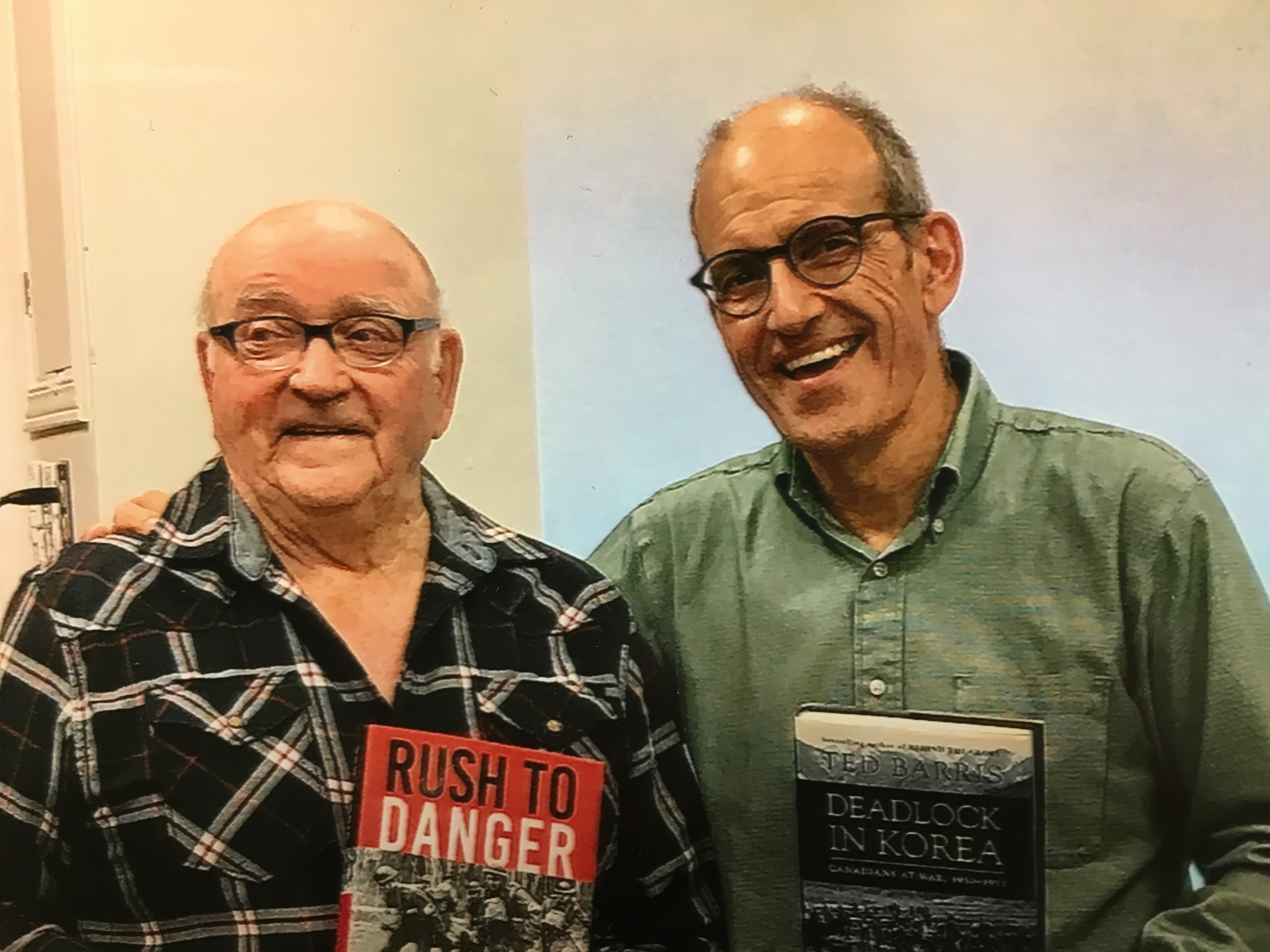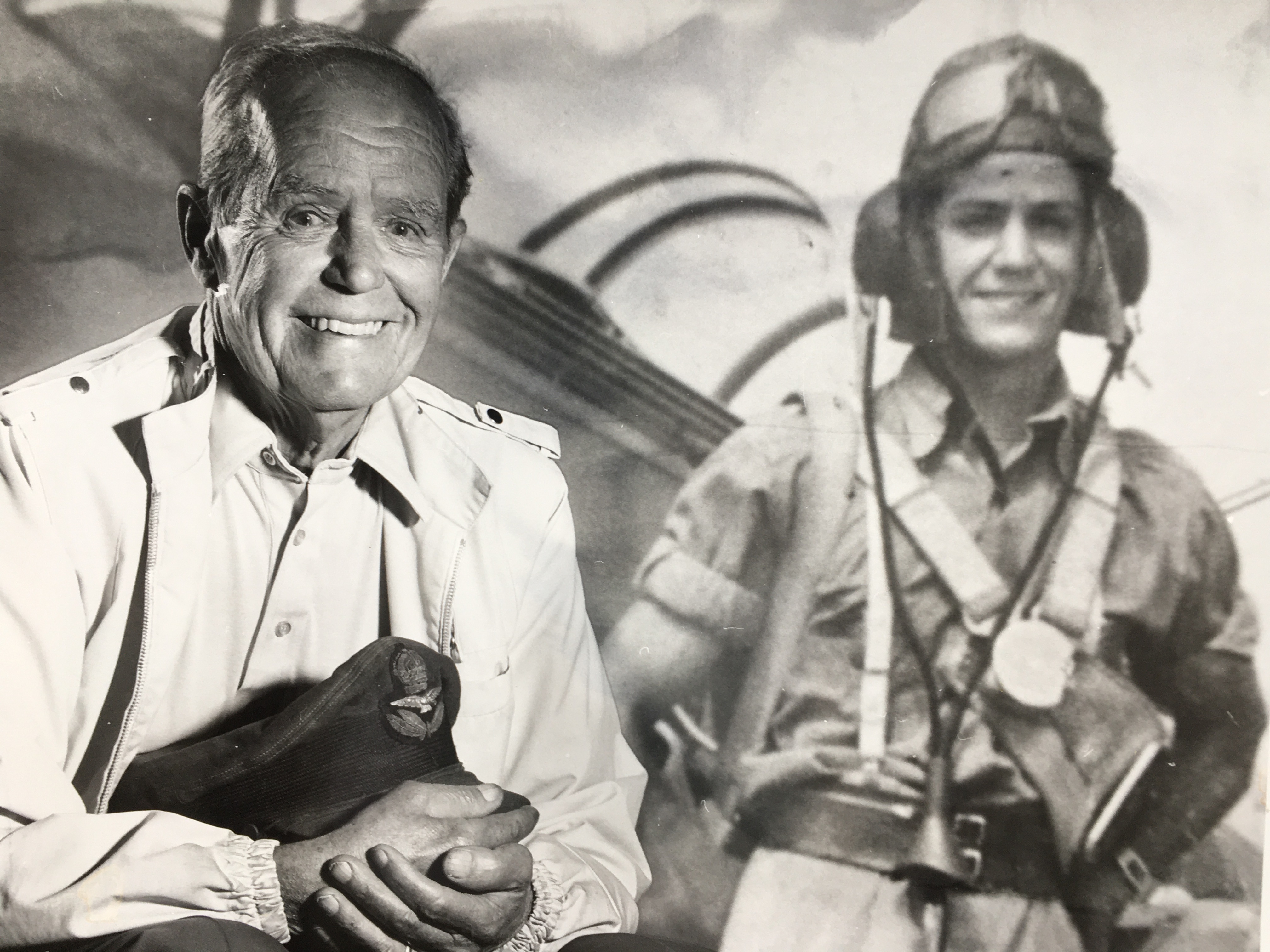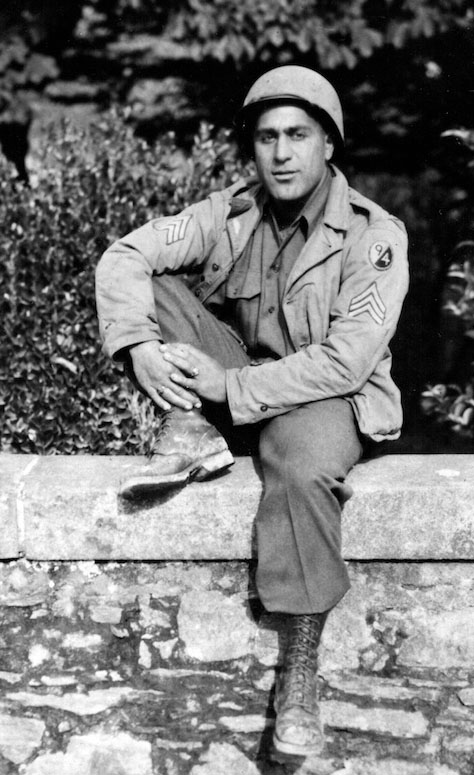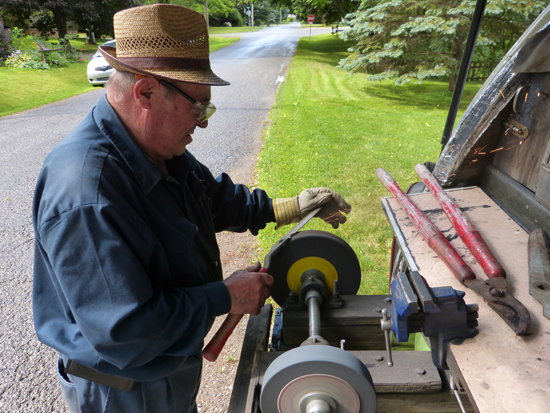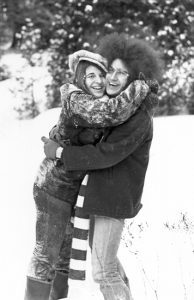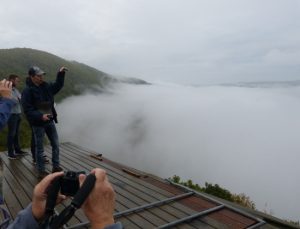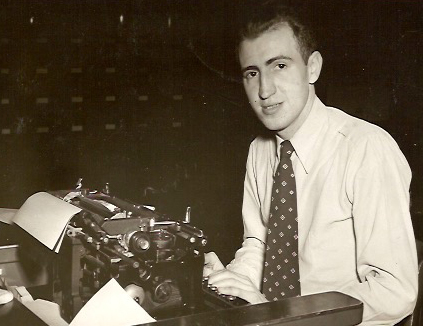
My dental hygienist has her eye on a second career. The other day, after I’d passed the temperature test and questionnaire at the dental office, one of his hygienists, Vivian, got to work cleaning my teeth. Naturally, with my mouth wide open and instruments inside, she had me as a captive audience. So, she told me about wonderfully uninhibited things her children say. For example, one time her toddler son searched for the word to describe his elderly grandfather’s face.
“It’s crumply,” he said.
“He probably meant ‘wrinkly,’” Vivian said with a chuckle. Then, she added, “I think I’ll write a book about the darnedest things kids say. Maybe you can help me get it published.”
I mumbled an “Uh-huh,” through the gauze and dental instruments in my mouth. (more…)
